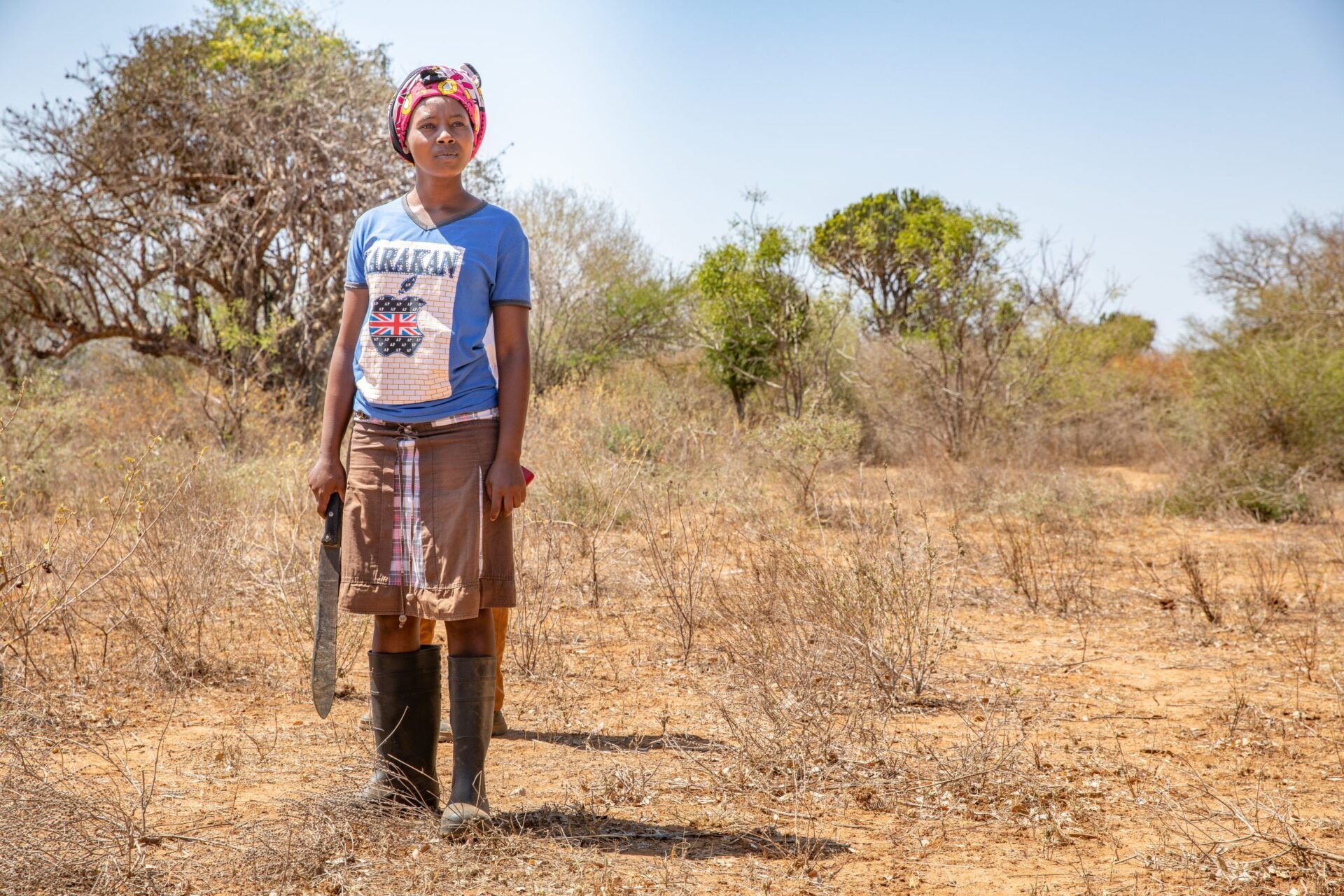Last week we published our second Africa agrifoodtech investment report and it was a bumper edition of over 50 pages showcasing when and where investors are placing bets on the region’s food and agriculture startup community.
Seemingly immune to the downturn across venture capital markets in 2022 – when Africa agrifoodtech investment reached a record-breaking $636m – things looked less rosy in the first half of this year. Hopefully, it’s just a delayed response to the tightening venture capital markets because investment in the region’s food and agriculture industry is more critical than ever.
We’ve all felt the impacts of climate change this season but they’re especially pronounced in Africa; of the 20 nations ranked as most vulnerable to climate change, all but four are African, according to the Notre Dame Global Adaptation Initiative.
Climate change is a key long-term contributor to the worsening food security situation across the continent that has spiked in the past year, according to the World Food Programme. Acute food insecurity – when a lack of food puts lives or livelihoods in immediate danger – increased by 60% in East Africa in 2022 after missing its rainy season for the fourth year running, contributing to the worst drought in 40 years.
Some 22 million people across Ethiopia, Kenya, and Somalia face high levels of acute food insecurity due solely to the drought, according to the WFP. The rate of food insecurity is only marginally better in West Africa where it still increased 40% in 2022. Local conflicts, heavy debt burdens following the COVID-19 pandemic, rising prices, and war in Ukraine have all contributed to food insecurity too.
Where Africa agrifoodtech investment can play a role
Technology is not the answer to everything, but bringing farmers, retailers and other players across the supply chain online can help increase efficiencies and make markets more accessible, which in turn will help bring more and better food to the region’s populations. Investors are currently mostly excited about these types of technologies – marketplaces, and fintech – as they are scalable and certainly impactful, often having a direct impact on a farmer or informal retailer’s wallet.
We’re seeing a lot less investment for more traditional farmtech startups in the software, sensing, data analytics, and biological spaces, which is surprising but also unsurprising given the challenges of adoption and affordability among Africa’s predominantly smallholder farming populations. But these are important areas to consider, especially for climate change adaptation but also for food security and livelihoods.
Agriculture makes up almost 20% of Africa’s GDP and some 70% of Africans work in the sector, according to The World Economic Forum. But most of this is subsistence farming and the region still needs to import staples including wheat, palm oil, and rice to feed its populations, according to the FAO.
While crop yields have increased, they are still the lowest in the world and are not keeping up with the continent’s growing population, so agricultural production per capita is actually falling, according to the FAO.
Without going into too much detail (which you can get in the report!), at the least, data analytics tools can help farmers respond to increasingly erratic weather patterns and farm more productively. Biological and biotech tools could help increase yields with better inputs while at the same time reducing greenhouse gas emissions. And African agrifoodtech entrepreneurs have barely scratched the surface in other AgFunder investment categories such as Novel Farming Systems or Robotics.
Sure, it may be a business model challenge for entrepreneurs to get these tools into farmers’ hands, but it shouldn’t be insurmountable and we’ve seen startups offer financing to purchase their tools (I’m looking at you SunCulture!)
The good news is that there are at least 300 investors engaged in the sector, according to our count, and we are noticing increasing attention being placed on it with new funds, resources, and international investors emerging.
We are so grateful to our partners — the Bill & Melinda Gates Foundation, FMO Ventures Program, and Mercy Corps Ventures for their support, without which this report would not be possible.
If you want to get involved and meet some of our partners in the region to learn more about the opportunities out there, do get in touch as we’re very committed to continuing to bring information and intelligence about the region that can be helpful in the development of an effective and impactful agrifoodtech ecosystem.
As ever, I look forward to your feedback, positive or negative (but always polite!) – you can reach me at [email protected].





